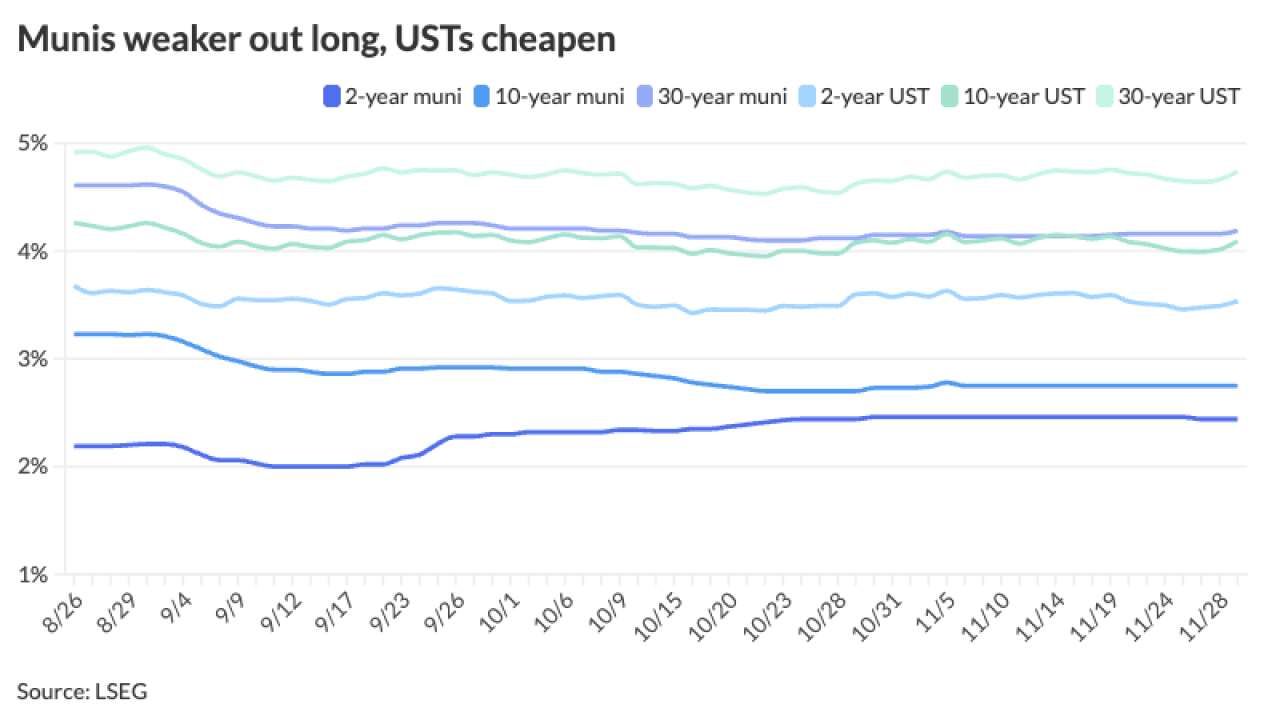
DALLAS – A bill to enable a massive restructuring of Detroit Public Schools to help the district avert bankruptcy cleared the Michigan Senate Tuesday.
Senators voted 21 to 16 in favor of the restructuring package. It now heads to the House, which has proposed its own bills. Gov. Rick Snyder began pushing for an overhaul last year.
"Resolving the debt crisis in Detroit Public Schools now ensures that no student in Michigan will see a reduction in funding because of an insolvent DPS," said Senate Majority Leader Arlan Meekhof, R-West Olive. "Bankruptcy would be an expensive and lengthy process that deals with the problems created by adults, but neglects the education needs of the kids."
Senate Bills 710, 711, 820 and 821, sponsored by state Sen. Goeff Hansen, R-Hart, and SB 819 and SB 820 sponsored by Sen. David Knezek, D–Dearborn Heights, split Detroit Public Schools into two entities.
The current school district -- Detroit Public Schools -- would be left intact only to levy taxes and repay the district's existing bond debts. A new school district, known as Detroit Community District, would own assets and operate the schools.
The bills propose $200 million in transition funds to form the new community district. An additional $515 million would be appropriated to fund the education needs and operation of the new community district.
The debt load for the DPS, including operating debt, capital debt, unpaid pension and retirement obligations, and proposed transitional operating costs, totals more than $2.25 billion.
The financial review commission that has overseen the finances of the city of Detroit since its 2014 bankruptcy exit would also take on oversight of the new community district. Two additional members would be added to the financial review commission to have input on the school district only.
Those two seats would be filled by the superintendent and school board president.
"Today's agreement shows the best solutions are found when everyone works together," Snyder said in a statement Tuesday.
The legislation would also establish an education commission, appointed by the mayor, responsible for providing recommendations on siting and opening schools. Schools within the community district will be assigned a grade of A, B, C, D, E or F. High performing schools could replicate without approval of the education commission; schools graded in the middle would need approval from the commission; and failing schools may be closed or subject to intervention.
"This is very serious vote and not an easy one but it is time to act," said Hansen. "We must put children first and the children in Detroit aren't getting the education they need or deserve."
Sen. Patrick Colbeck, R-Canton, who voted no on the DPS restructuring package, said the DPS bailout would come at the expense of other Michigan school districts.
"We need to find alternative funding to address DPS debt," he said during the Senate session on Tuesday.
DPS, however, has run out of time to contemplate other solutions to its debt problem. The district's operating deficits ballooned over the last four years to an projected $335 million at the end of 2016 from $83 million in 2012 as enrollment plummeted taking enrollment-based funding with it, according to the Citizens Research Council of Michigan, a nonpartisan public affairs research organization.
The district began the current school year with legacy debts totaling almost $440 million. Adding to the district's more recent fiscal deficit challenges is its heavy reliance on short-term notes to help with cash flow throughout the fiscal year. It now needs an immediate $50 million injection of state funding if it is to keep schools open past April.
A bill providing nearly that amount already made it past Michigan's House of Representatives and is scheduled to be heard by the Senate either on Wednesday or Thursday. The funding would provide resources for the daily operational costs of running Detroit's schools.
The Detroit schools' transition manager, Steven Rhodes, testified on March 9th during a House committee hearing that the district would run out of money by April 8th unless lawmakers act. Rhodes said the district had no alternative plan and would have to shutter schools if the state aid did not come through.





